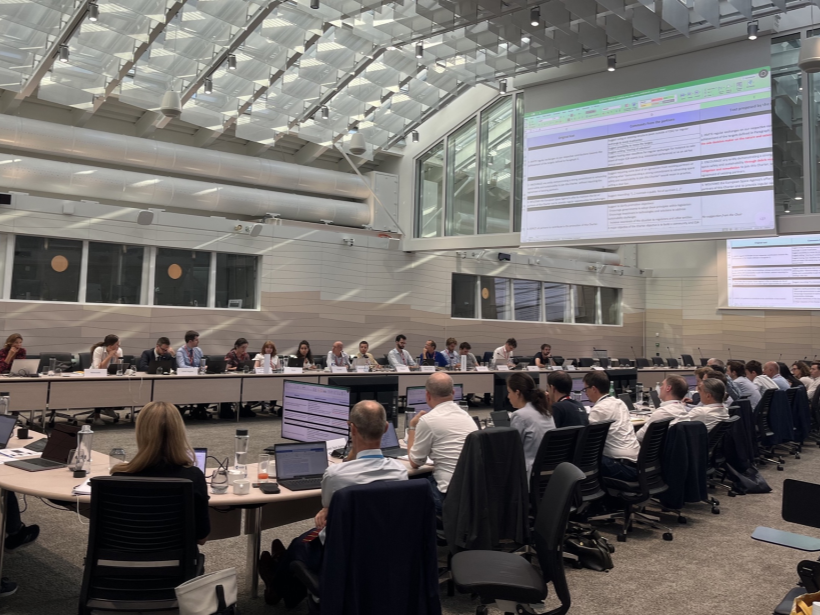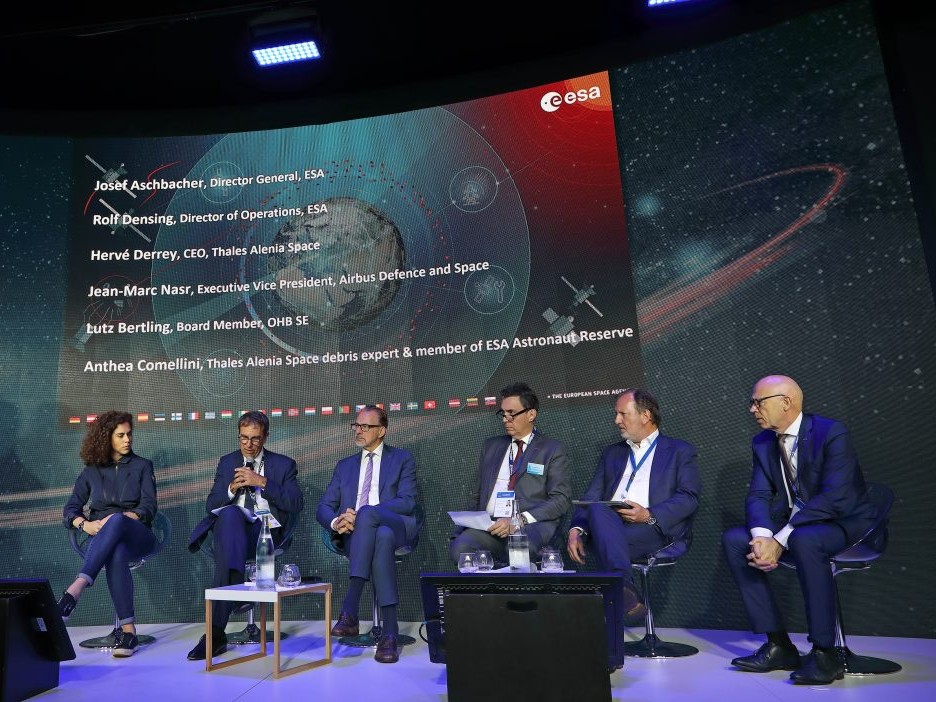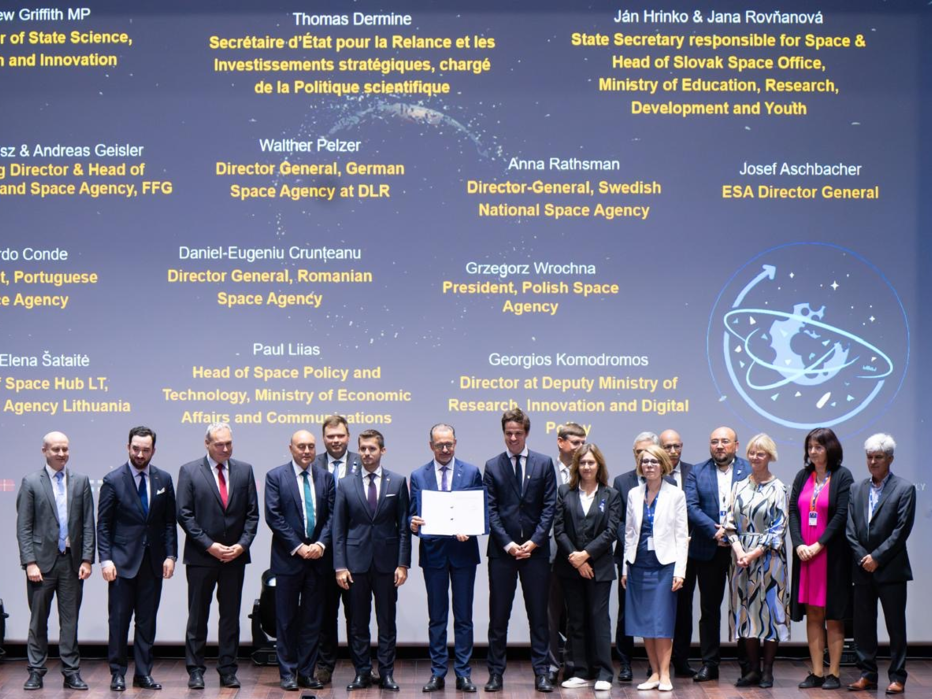ESA’s Zero Debris Charter: Leading the Battle Against Space Debris
The European Space Agency (ESA) addresses the growing issue of space debris with the Zero Debris Charter. This initiative has brought together over 40 organizations, including major players. These include Rivada Space Networks, Airbus Defence and Space, OHB, and Thales Alenia Space, all committed to sustainable practices.”
The charter aims to achieve debris-neutral space missions by 2030. This will protect valuable orbits and ensure the long-term viability of our space infrastructure
The Initiative of the Zero Debris Charter and Its Mission
ESA’s Protection of Space Assets Accelerator developed the Zero Debris Charter. It sets clear targets to reduce new debris and manage existing debris more efficiently. This plan involves a wide range of global stakeholders dedicated to sustainable space operations.
The Importance of Protecting Space: ESA’s Role in Sustainable Space Operations
How the Zero Debris Charter Aims to Safeguard Orbits
Space becomes an integral to our lives. We must protect and mange it sustainably. Space debris threatens satellites and other assets, risking disruptions to communications, weather forecasting, and national security.
The charter sets global standards for debris management to ensure long-term sustainability. With increasing space traffic, a strong regulatory framework for cleaning space is essential. Over 130 million pieces of debris larger than one millimeter orbit the Earth according to the ESA.
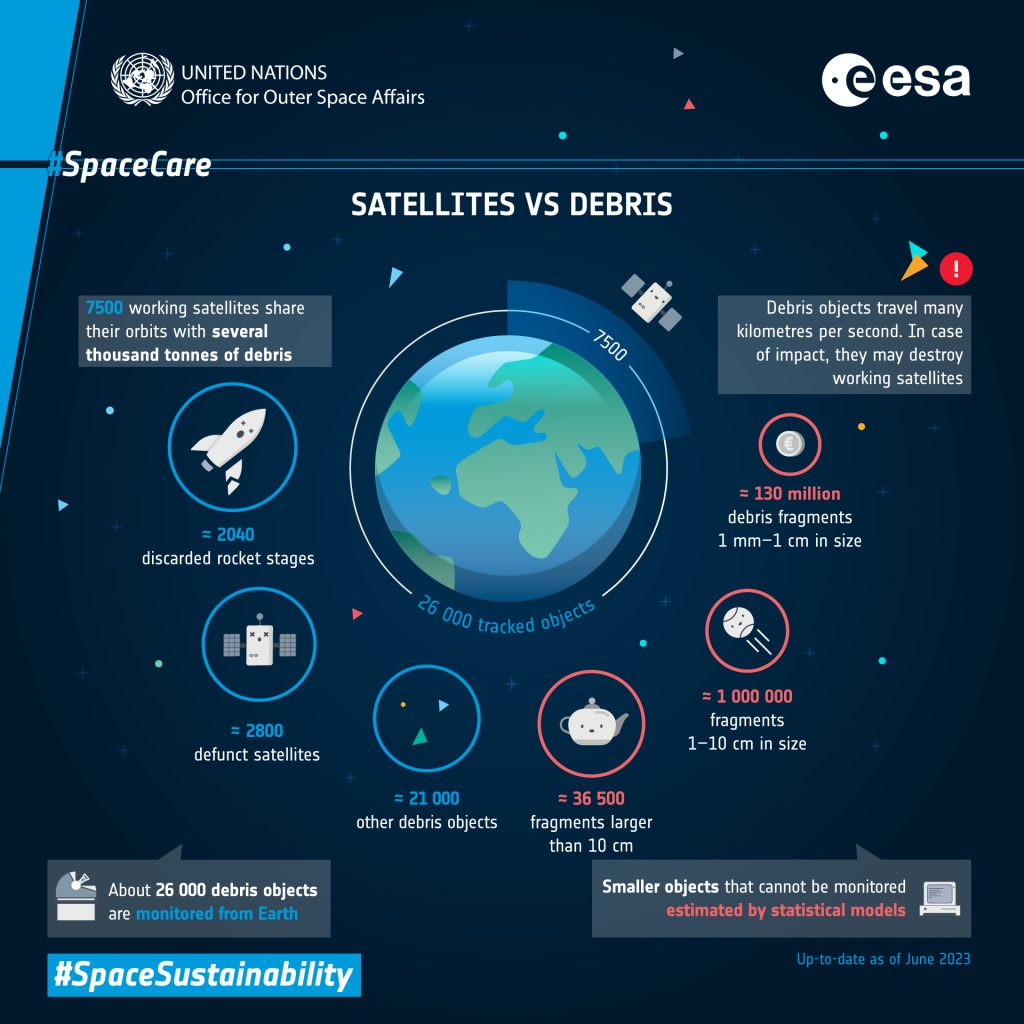
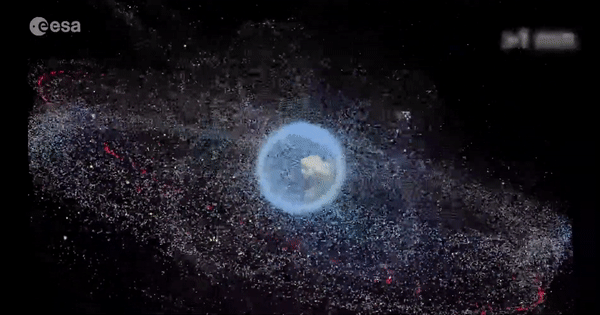
Recent Milestones and Progress Under the Zero Debris Charter
On June 25, 2024, three major European space companies signed contracts with ESA. They agreed to develop large low-Earth orbit (LEO) satellites that comply with Zero Debris standards.
The Zero Debris Charter has gained significant traction. At the 2024 Berlin International Airshow (ILA), over 40 entities officially signed the charter. These milestones build on the commitment from twelve European countries, united in their fight against orbital debris and safer space operations.
Austria, Belgium, Cyprus, Estonia, Germany, Lithuania, Poland, Portugal, Romania, Slovakia, Sweden, and the United Kingdom have all pledged their support, boosting Europe’s role in sustainable space practices.
The Zero Debris Charter not only addresses immediate environmental concerns but also fosters an international framework for responsible space exploration and utilization. By setting a 2030 deadline for tangible improvements, ESA and its partners are leading by example, promoting a safer, cleaner space environment for future generations.

Championing Sustainable Practices Through Strategic Communications
The Zero Debris Charter is committed to sustainability, ensuring space activities can continue for future generations.
wave-L communications helps organizations express their dedication to sustainable practices. We turn complex environmental challenges into clear, compelling stories, partnering with organizations to communicate their sustainability commitments. We integrate these commitments into their missions and inspire others to join. We engage with a wide range of audiences, from policymakers to the general public, raising awareness and support for environmental initiatives.
Connect with Our Luxembourg-Based Communications Agency
Partner with wave-L to use our expertise in creating impactful communications that support sustainability initiatives. For information on how we can enhance your sustainability goals in the high-tech sector through strategic communications, connect with us on LinkedIn or contact us directly.
Key Takeaways on the Zero Debris Charter
- Collaborative Effort: ESA’s Zero Debris Charter unites over 40 organizations to tackle the increasing issue of space debris.
- Sustainability Goals: The charter is committed to achieving debris-neutral space missions by 2030, actively working to protect the space environment.
- Leadership in Space Operations: ESA is pivotal in promoting sustainable space operations, playing a key role in the future of safe space exploration.
- International Cooperation: The initiative underscores the importance of global collaboration in addressing complex environmental challenges in the space sector.
- Commitment to Sustainability: The Zero Debris Charter showcases ESA’s dedication to leading responsible and sustainable practices in space activities.

